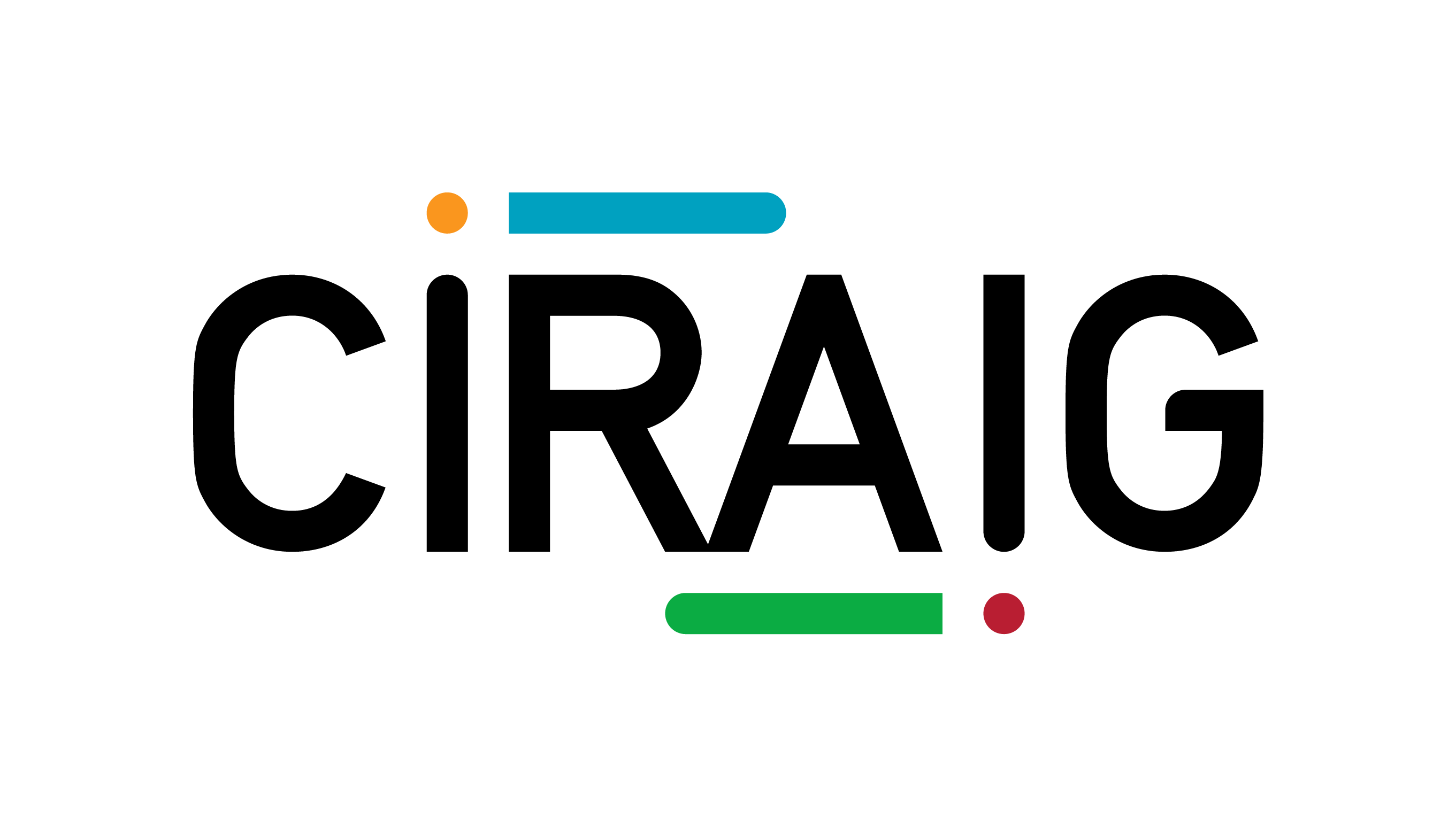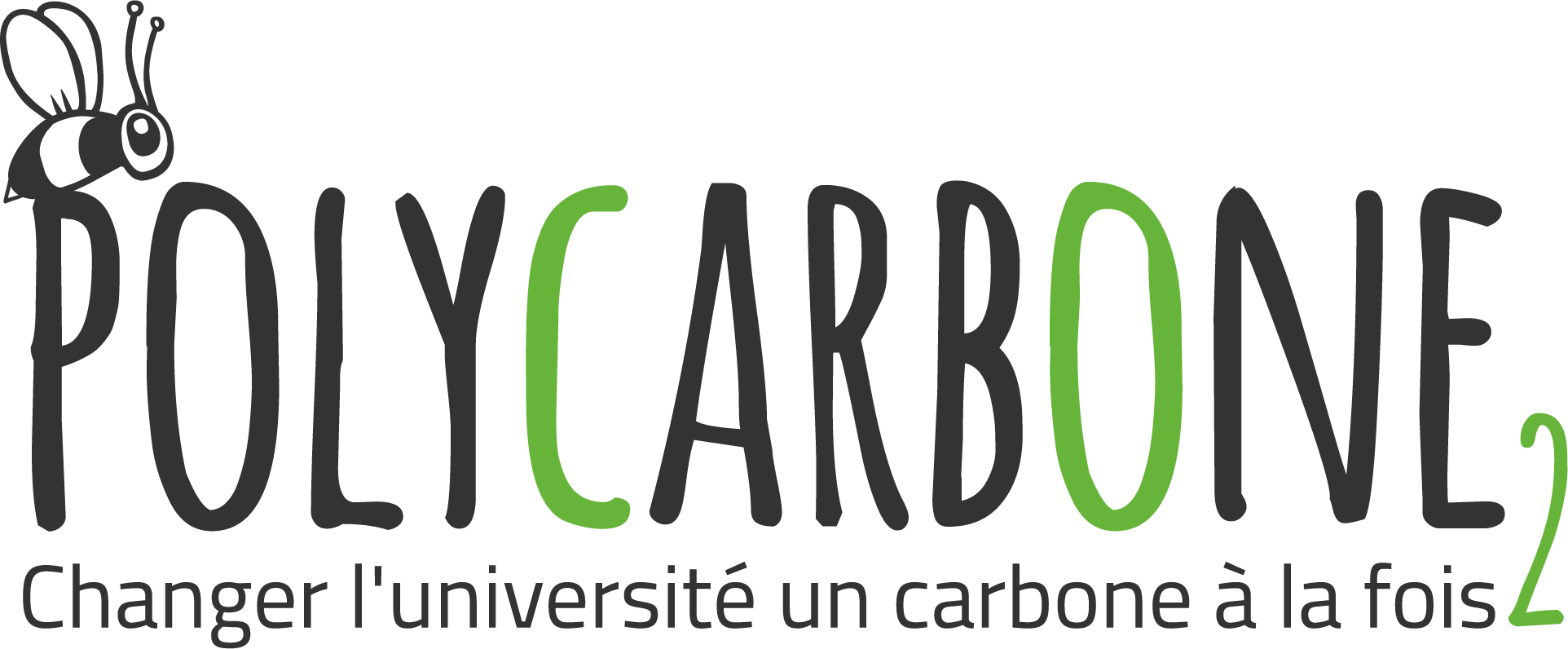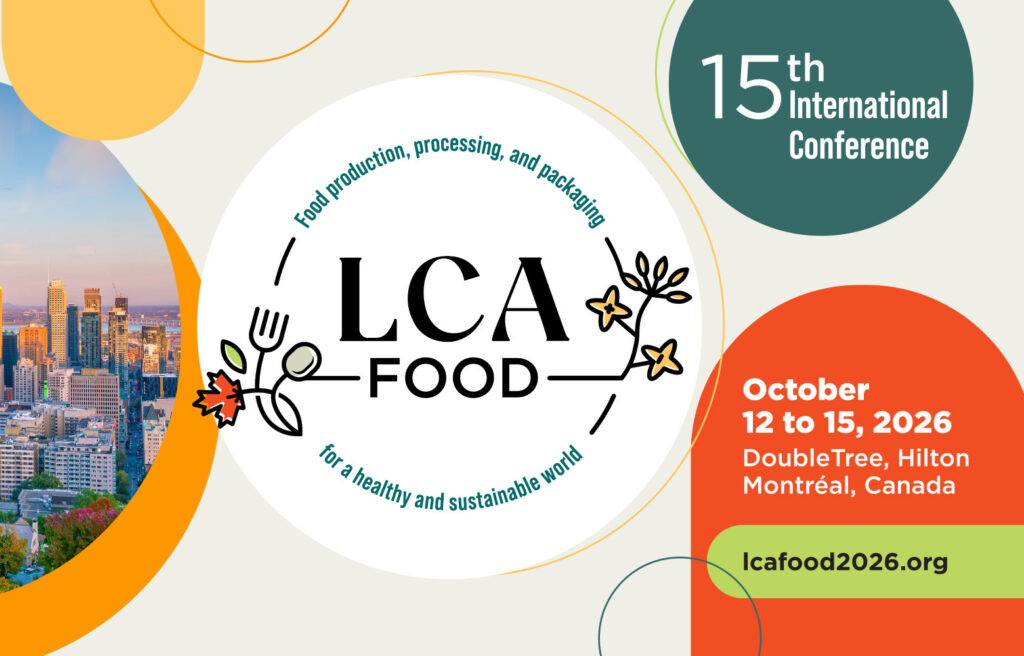Project
Quebecers’ diet under the climate change microscope
This special publication of Le Devoir and Unpointcinq exclusively unveils the results of research work conducted by the CIRAIG.

Laure Patouillard and Professor Cécile Bulle, with the help of the Polycarbone team, have examined the diet of Quebecers under the microscope of the climate in order to draw the most accurate portrait to date. Their goal: to help citizens, businesses, cities and governments make more informed choices for the environment. This special publication of Le Devoir and Unpointcinq exclusively unveils the results of this research work conducted by the CIRAIG.
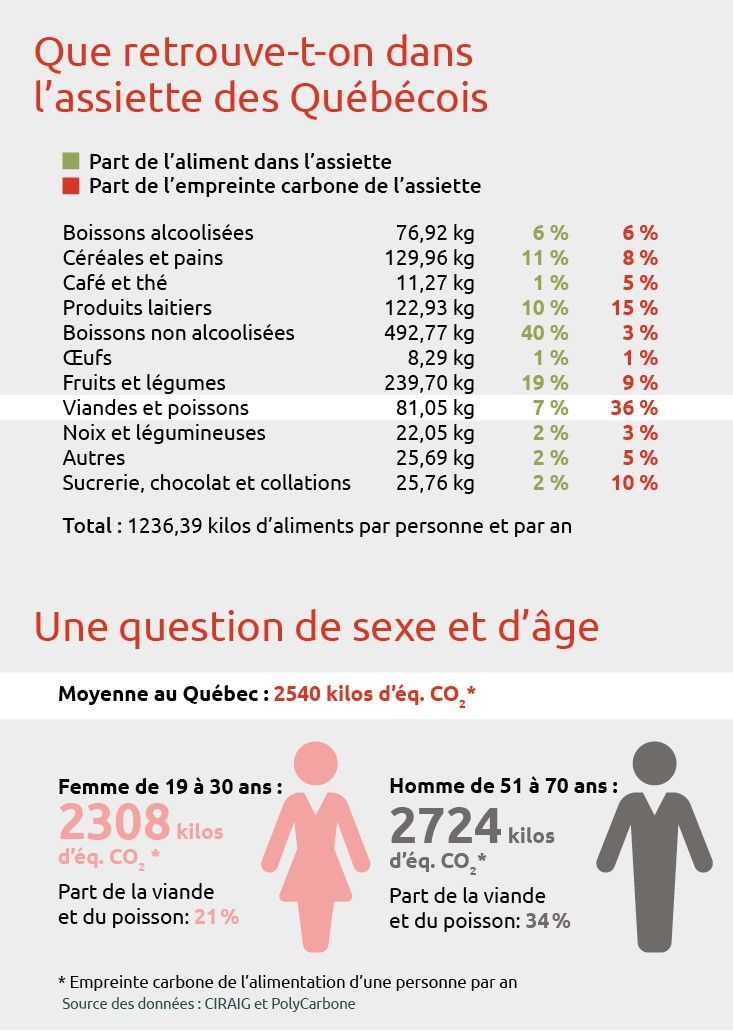 What does a typical Quebec diet consist of?
What does a typical Quebec diet consist of?
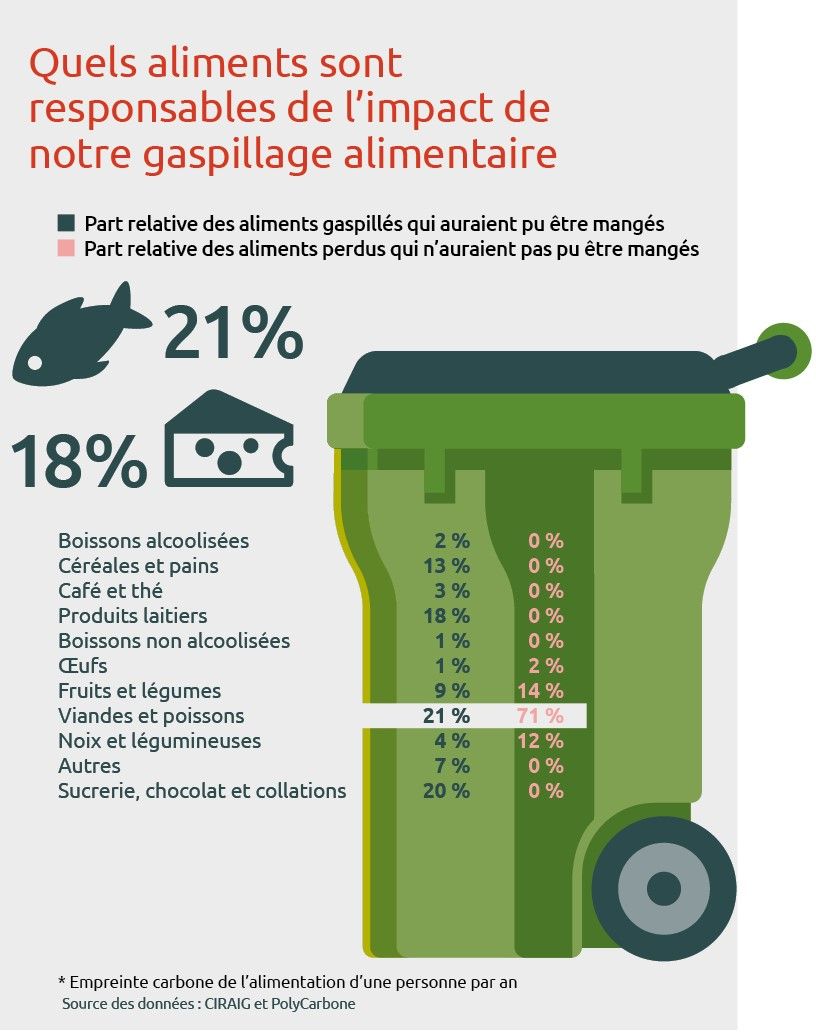 What foods are responsible for our food waste?
What foods are responsible for our food waste?
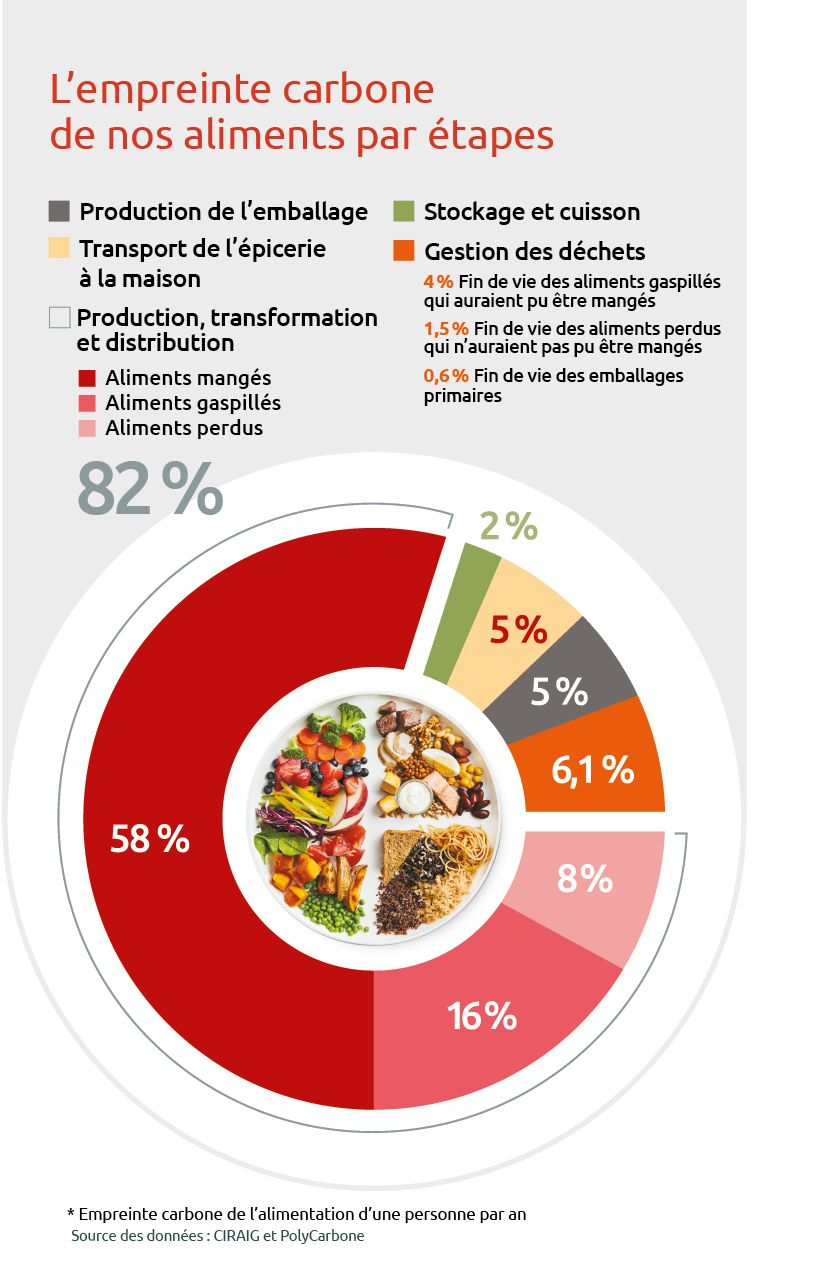 The carbon footprint of our diet.
The carbon footprint of our diet.
 What does a typical Quebec diet consist of?
What does a typical Quebec diet consist of?
 What foods are responsible for our food waste?
What foods are responsible for our food waste?
 The carbon footprint of our diet.
The carbon footprint of our diet. In collaboration with
We use cookies on our website to give you the most relevant experience by remembering your preferences and repeat visits. By clicking “Accept”, you consent to the use of ALL the cookies.
Manage consent
Privacy Overview
This website uses cookies to improve your experience while you navigate through the website. Out of these, the cookies that are categorized as necessary are stored on your browser as they are essential for the working of basic functionalities of the website. We also use third-party cookies that help us analyze and understand how you use this website. These cookies will be stored in your browser only with your consent. You also have the option to opt-out of these cookies. But opting out of some of these cookies may affect your browsing experience.
Necessary cookies are absolutely essential for the website to function properly. This category only includes cookies that ensures basic functionalities and security features of the website. These cookies do not store any personal information.
Any cookies that may not be particularly necessary for the website to function and is used specifically to collect user personal data via analytics, ads, other embedded contents are termed as non-necessary cookies. It is mandatory to procure user consent prior to running these cookies on your website.
Your subscription could not be saved. Please try again.
Your subscription has been successful.
